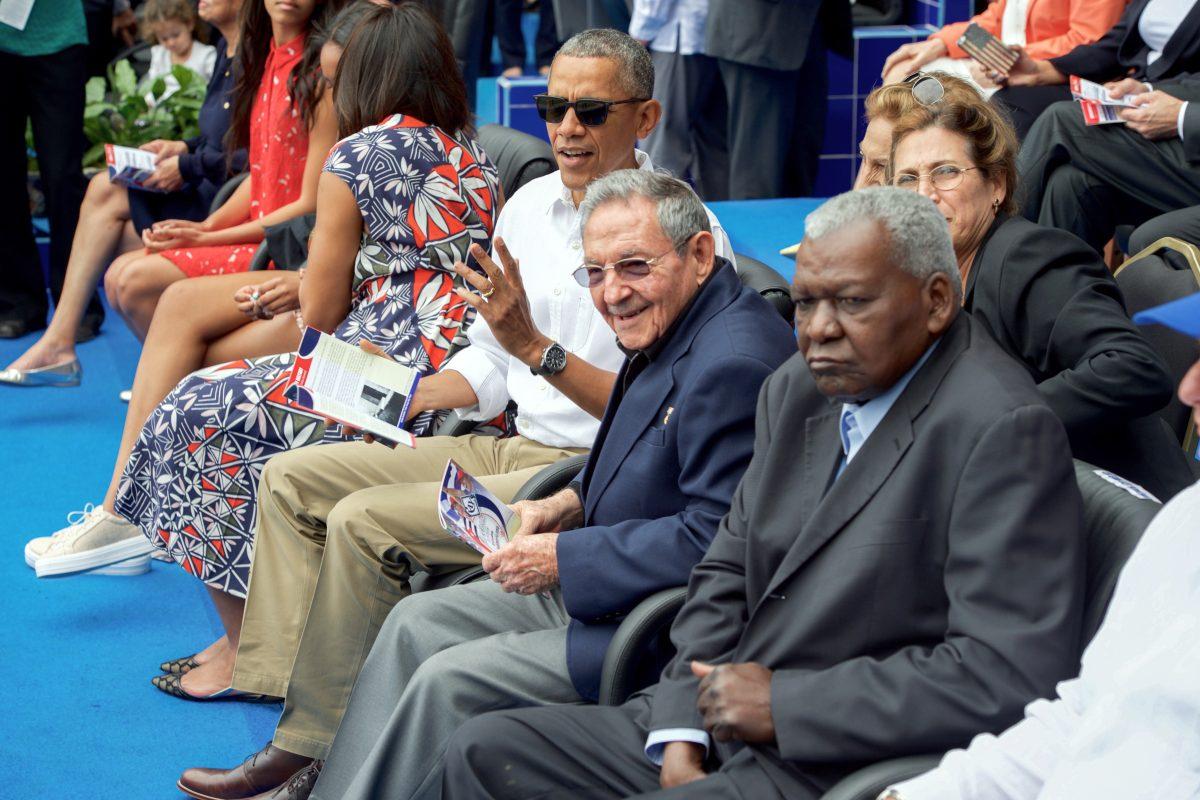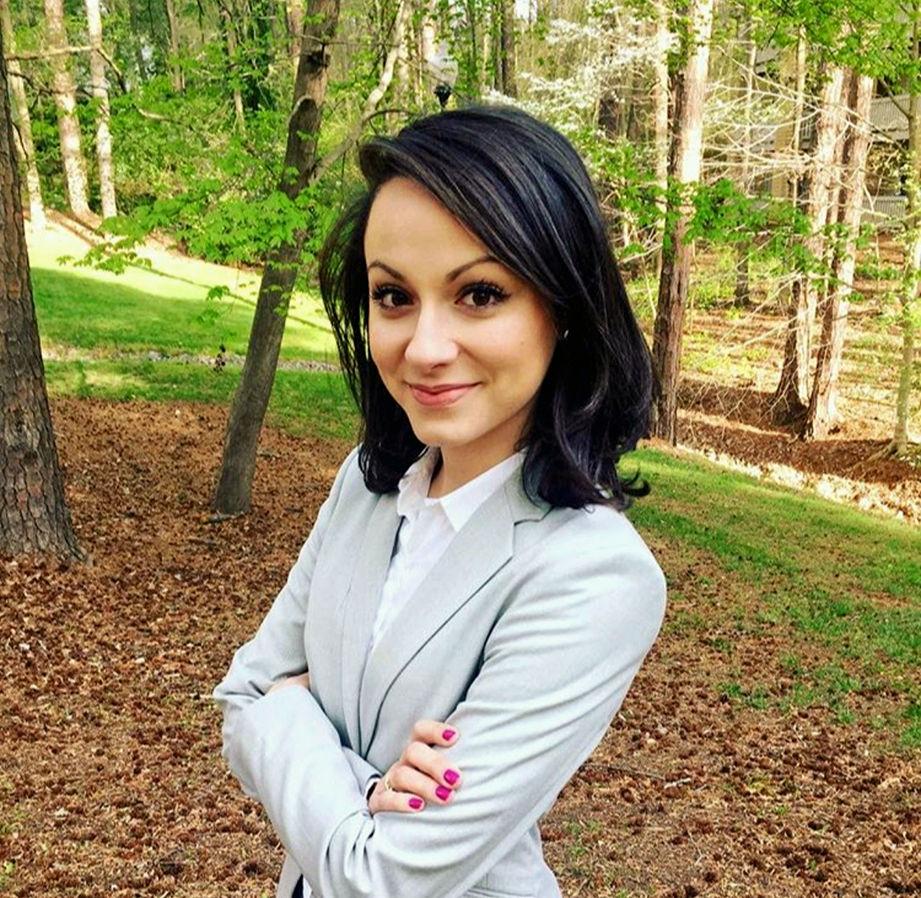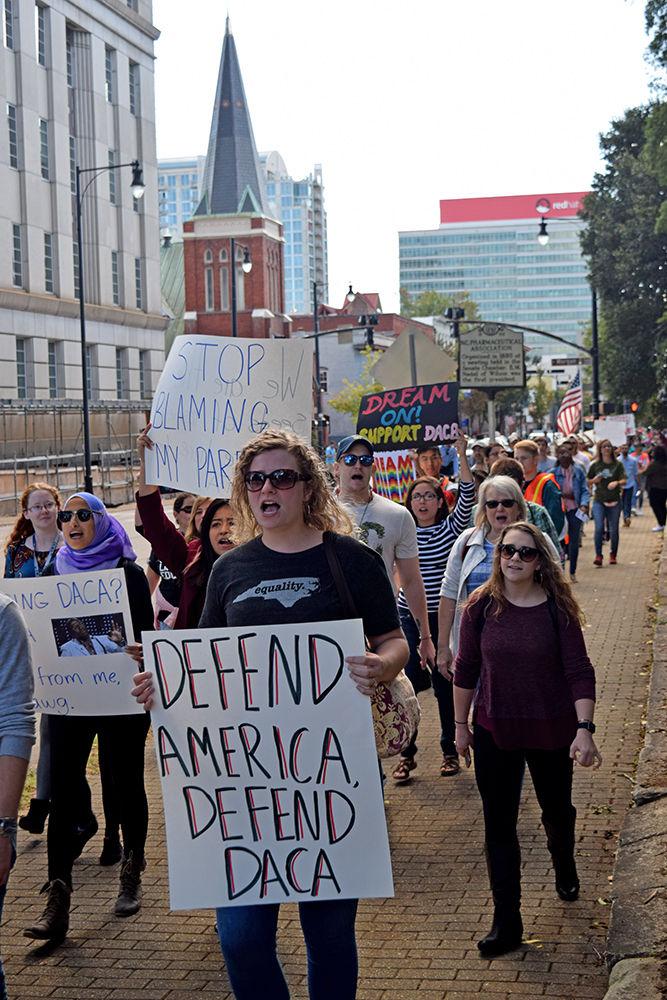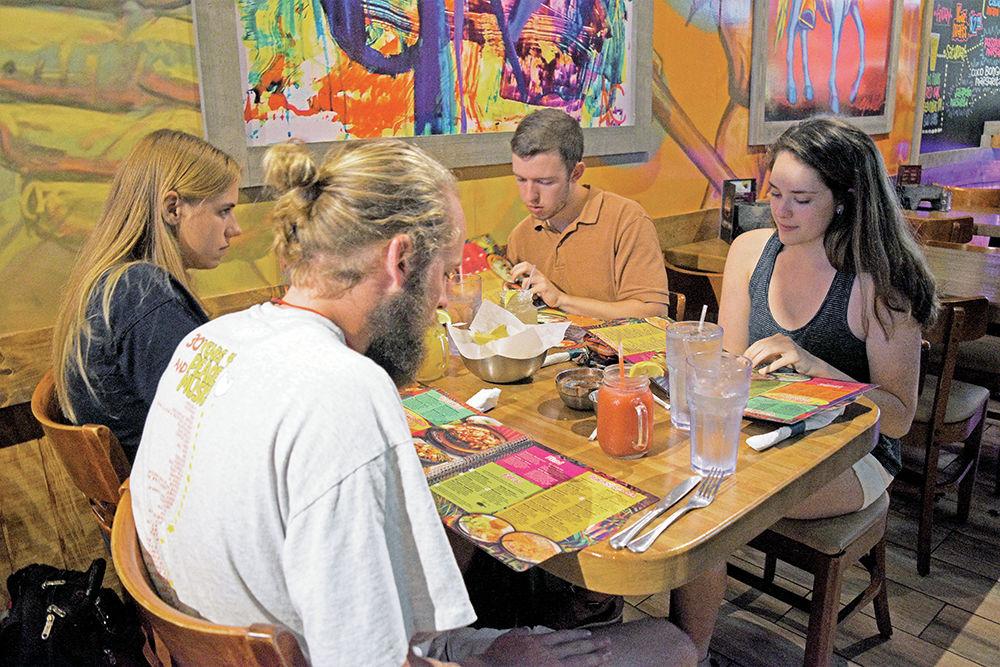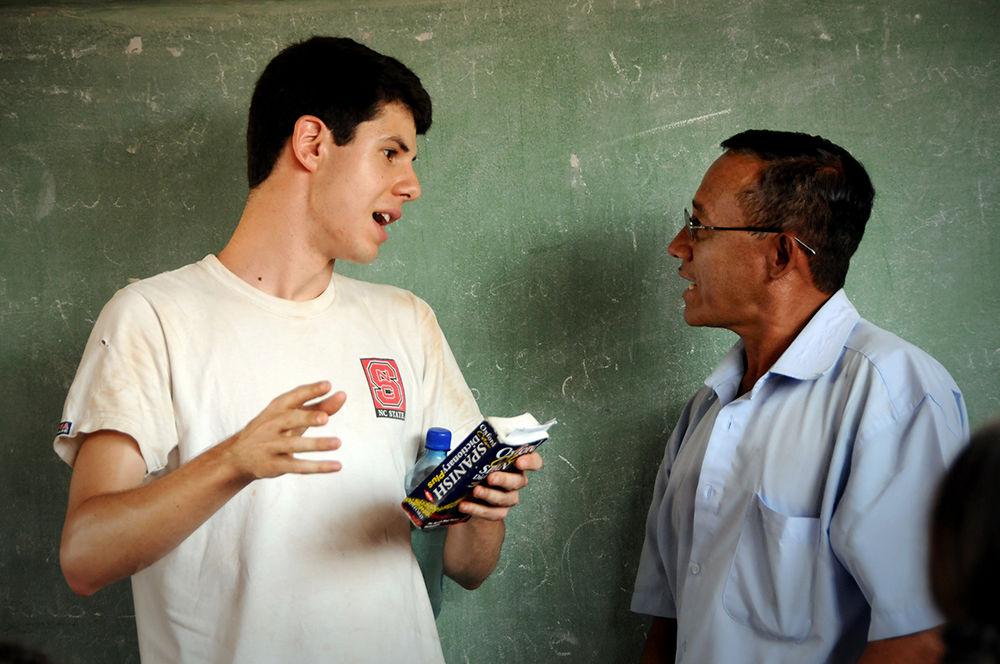President Barack Obama visited Cuba March 20, accompanied by his family. It was the first time in almost 90 years that a United States president visited the island. This visit was a step of rapprochement for the two countries, an improvement of relations that began a few months ago since the opening of new embassies and reestablishment of diplomatic relations.
As Obama mentioned in various occasions and reiterated during his speech in Cuba on March 22, the purpose of the visit was clear: to finally bury the Cold War in the Caribbean, to replace the political containment of the island with political engagement and to approach the Cuban civil society, which shares many aspects with American society and supports seeking a peaceful change to the Castro regime.
Obama’s visit, his actions and words, were not directed to the Cuban government or toward the Castro brothers. As he said in his speech, “The future of Cuba has to be in the hands of the Cuban people.” He said this in Spanish, as it was not directed to a group of people gathered in the theater where his farewell speech took place, but to the people of Cuba, for the Cubans wanting to know more about how President Obama plans to generate a change in the regime of the island.
Obama wanted to be heard by the people and surrounded himself with symbols and spoke their own language. He ate in a “paladar,” quoted by José Martí, visited a “cachita” (considered “Our Lady of Charity,” or the “patroness” of Cuba) and participated in a one of the most-seen comedy programs hosted by “Panfilo” of a typical Cuban who makes fun of the daily problems of the population and who is obsessed with Cuba’s food distribution system.
The people listened to his speech with anticipation, in a country with serious economic problems, lacking resources and where the main goal for young people is to emigrate. The visit of the American president was seen as a promise for a better future.
However, the Cuban government had other objectives: principally, to put an end to the commercial embargo, to facilitate obtaining credit and to find another source of economic help before the imminent suspension of subsidies from the Venezuelan government.
In countless occasions, current Cuban president Raúl Castro, like his brother Fidel, has expressed that he has no intention of modifying the communist regime. The rapprochement of Cuba and the U.S. has been clearly unilateral on the island. The government has not changed anything for the population; the Castros reinforced their position during anti-Yankee speeches and they lashed out against Obama’s speech the same day he left the island to go to Argentina.
During President Obama’s time in Cuba, he had a meeting with Cuba’s leading dissidents. José Daniel Ferrer, Cuban opponent belonging to the “Grupo de los 75,” described the meeting as very positive with a sign of solidarity with those who fight for the reconstruction of the nation. For the journalist and opponent Miriam Leyva, the meeting also signified a sign of appreciation and support to the opposition groups looking for a peaceful restoration of democracy on the island.
First lady Michelle Obama, along with her daughters, visited the public library Rubén Martínez Villena in Old Havana where they planted two magnolia trees, similar to the existing ones at the White House. They also opened a bench in the garden as a reminder of the visit of the U.S. president and his family to Cuba.
Obama’s speech in Cuba took place in the Alicia Alonso Theater, and the majority of participants were members of the Socialist Party of Cuba, leaders and some of the most prominent opposition leaders.
The Cuban Television, one of the five channels that broadcasts on the island, gathered opinions of some of the people who attended the speech in the Alicia Alonso Theater. The majority of attendants had reservations about the words of the U.S. president and questioned his opinions.
Fidel Castro himself, a week after Obama’s visit, published in the El Granma newspaper a reflection that arises as a response to Obama’s words from March 22. Castro said he feels “the elemental duty to respond to Obama’s speech.”
In Fidel Castro’s reflections, he raised hard critiques about Obama’s words and said he refuses to take the suggestion about looking to the future but retracing the fought battles of the revolution 50 years ago, repeating what the Cuban people have been listening to for more than half a century without such feats such as filling the food dishes or covering basic needs.
Americans and Cubans are still questioning the state of relations between the U.S. and Cuba. Obama extended a hand to the Cubans March 20, and Fidel Castro received it, saying “We do not need the empire to gift us anything.”
Translation by Caitlin Neal and Inez Nicholson


